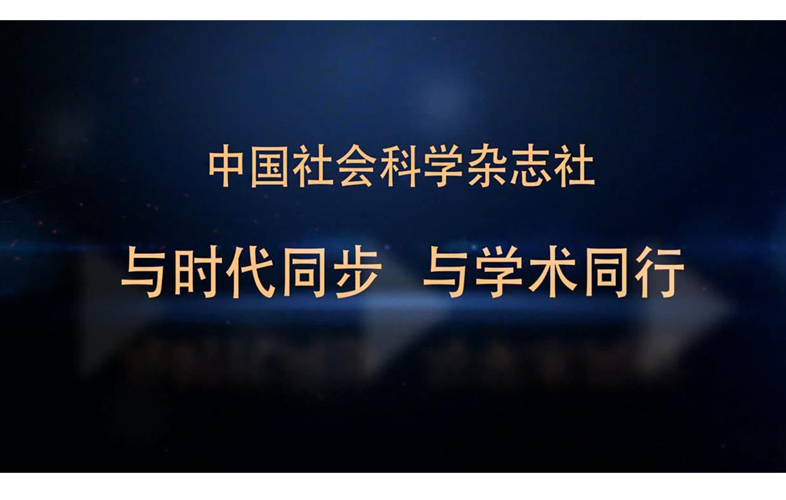Wang Xiaosong a and Xie Shenxiang b
a School of Economics, Renmin University of China
b School of International Trade and Economics, Shandong University of Finance and Economics
Abstract:Employing Grossman and Helpman’s “protection for sale” model, this article uses data on anti-dumping actions from 1999 to 2009 to perform a quantitative analysis of factors influencing India’s determinations of anti-dumping duties against China, and reveals the micro-formation mechanism of economic conflicts between China and India. We find that the political power of India’s anti-dumping plaintiffs markedly increases the tariff level of its final determinations and that the relationship between the import penetration ratio and duty rates depends upon whether the plaintiffs are politically organized. Further, there is a significant positive correlation between India’s anti-dumping duty rates and its unfavorable trade balance with China. This indicates that in determining anti-dumping duties, Indian authorities are clearly influenced by the political clout of their domestic interest groups. They are also motivated by the desire to keep down China and gain the upper hand in the face-off between the “dragon and the elephant.”
Keywords: “dragon-vs-elephant competition,” anti-dumping action against China,“protection for sale” model, political power



